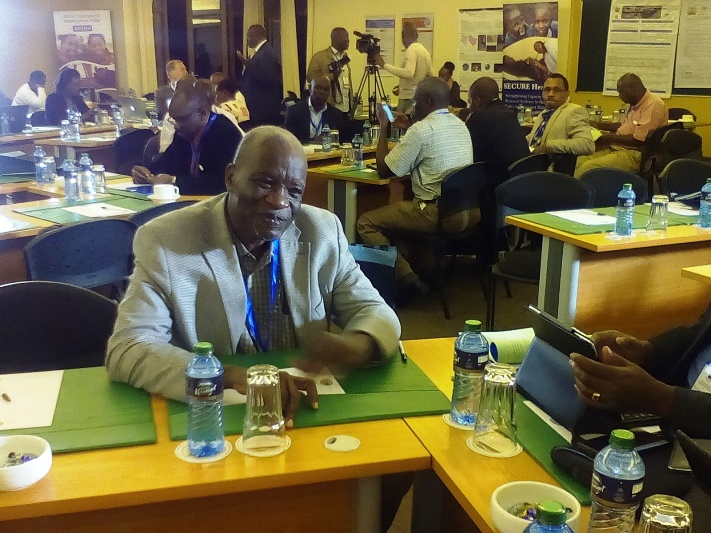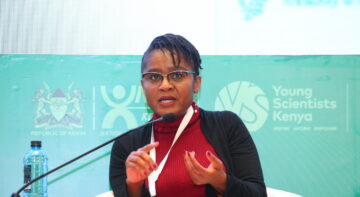News

Health stakeholders have challenged the government to invest more funds in research and data collection so as to improve access to quality services for both national and county governments.
At the 4th Annual Health Research-to-Policy Conference held in Naivasha over the weekend, stakeholders agreed that utilisation of research in the health sector is low, hence, affecting development of policies in both national and county governments.
Stakeholders noted that the use of evidence based research in service delivery enables researchers and health practitioners to address priority health issues like challenges in free maternal services, HIV/AIDS and chronic diseases.
Stakeholders also challenged the credibility of existing research being used by the government for policy formulation.
According to recent studies, Mandera County is said to have recorded the highest number of maternal deaths in the world estimated at 3,795 deaths per 100,000 livebirths.
With that, the Mandera County Executive Committee (CEC) Health, Ahmed Sheikh challenged researchers and the government to provide evidence on the data that the county has the highest maternal deaths in the world.
“Where does data on maternal deaths in Mandera come from?” asked Ahmed Sheikh.
He also noted that since the data was produced, stakeholders have not contributed to developing health policies in Mandera County.
“Who took the responsibility of reducing maternal deaths in Mandera after the data was produced?” asked Ahmed Sheikh.
“There’s no information from government to help us produce health policies for the county,” he further added.
The stakeholders who met to discuss health challenges also described how medical facilities in Kenya lack adequate leadership and capacity to handle both emergency and simple out-patient cases, leading to deaths from preventable cases.
In the report “Kenya Patient Safety Impact Evaluation – Inspections Regimes in Health Care and their Impact on Patient Safety Standards and Quality of Care in Kenya’ its noted that less than 20 per cent of health institutions in Kenya have achieved the minimum internationally accepted score on patient safety.
“Suppose you had an accident between Naivasha and Nairobi, what emergency services will you get?” asked Prof Khama Rogo, Lead Health Sector Specialist, World Bank.
“Does it make sense for an Ambulance from Machakos County to ferry a patient to Kenyatta National Hospital?” he asked further.
Stakeholders also noted that most health facilities had mismanaged their equipment leading to procurement of expensive facilities with little know-how on how to operate them.
It was also noted that over 50 per cent of counterfeit medicines are being consumed in Kenya. This was blamed on weak regulatory frameworks that allow manufacturing and importation of counterfeit medicines.
Disconnect
Besides the lack of adequate funding for research, stakeholders also noted that there was a big disconnect between policy formulation and policy implementation.
Stakeholders noted that there’s little interest from policymakers in using evidence to formulate policies that are of benefit to Kenyans.
Stakeholders agreed that research evidence will not necessarily translate into policy and practice without the interest of policymakers.
“Most African governments have been indifferent to research. Most governments don’t invest money in research,” said Prof Rogo.
Prof Rogo also urged stakeholders to support the new Health Bill 2015 noting that it offers opportunities on monitoring, documenting and research.
He noted that the government and researchers should now work closely with county governments to get clear data from their respective health sectors.
“The government does not know how many people die every day in counties from diseases,” said Prof Rogo.
“Research in the health sector is about data that comes from interaction between doctors and patients. We lack clear systems of tracking and accessing routine data in Africa,” added Prof Rogo.
However, Dr Rose Oronje, Director, Science Communications and Evidence Uptake with the African Institute for Development Policy (Afidep) said the institution will meet parliamentarians from December 3, to brainstorm on concerns over utilising evidence in parliamentary debates.
Dr Oronje noted that it’s important that policymakers make use of research that are generally available for policy formulation for the good of the country.
Related Posts





